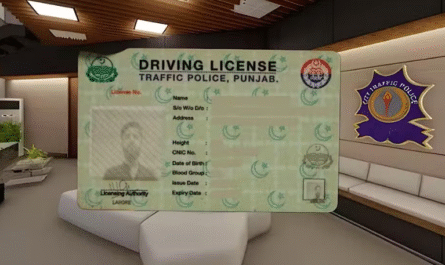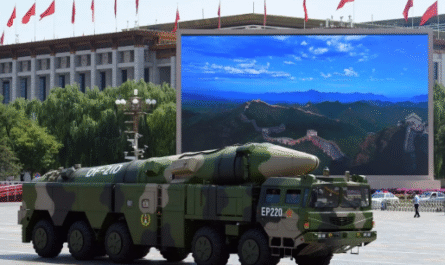The Israel–Iran conflict has escalated dramatically, entering its fourth consecutive day of strikes and counter‑strikes. Iran launched over 100 ballistic missiles and drone strikes targeting Tel Aviv, Haifa, and Petah Tikva late Monday, prompting swift Israeli retaliation and heightening fears of a regional conflagration .
🔥 Evening Barrage: What Happened?
- Pre‑dawn assault: Iran fired at least 100 ballistic missiles, intercepted by Israel’s multi‑layer air defenses — but some struck their targets en
- Casualties: At least five to eight Israelis killed — including elderly civilians in Haifa and Tel Aviv — with dozens more wounded, many in hospitals from shrapnel and debris .
- Targeted infrastructure: Residential buildings, a school in Bnei Brak, a power plant in Haifa, and damage near the U.S. Embassy in Tel Aviv.
- Response: Israel retaliated by striking Iran’s military command centers and nuclear-affiliated sites — including the Revolutionary Guard’s Quds Force headquarters in Tehran.
📅 Fourth-Day Escalation
- Iran’s intensity: In this fourth wave alone, Iran launched more than 100 missiles — part of nearly 370 missiles and hundreds of drones since the conflict began.
- Israel’s breach of airspace: Israel’s defense minister confirmed strikes over Tehran and warned residents to evacuate key districts ahead of additional bombardment.
- Civilian toll: While Israeli casualties are estimated between 24–28, the death toll in Iran has soared to at least 224, with over 1,000 injured, primarily civilians.
🌐 Regional & Global Ripples
- Oil markets jitter: Brent crude spiked ~7% on Friday before moderating—investors are wary of disruptions in Gulf energy supply.
- Gulf markets bounce: Despite uncertainty, stock markets in Saudi, Qatar, Dubai, and Abu Dhabi rebounded on Monday—testament to regional resilience.
- Diplomatic pressure: The G7 summit has made the crisis a focal topic. While Canada, Germany, and others pressed for de-escalation, the U.S. has expressed support for Israel’s defense .
- Nuclear fears: Iran’s parliament is reportedly considering withdrawal from the Non-Proliferation Treaty (NPT), raising global alarm .
🛡️ Civilian Life Under Fire
- Displacement alarm: Tehran residents in District 3 have been issued evacuation warnings amid threats of escalation .
- Property damage: Israeli residential complexes and schools have suffered structural damage — people rescued from rubble, including infants.
- Emergency measures: Bnei Brak and Haifa saw intensive rescue operations. In Tel Aviv, the U.S. consulate was closed after sustaining light damage.
⚔️ Military Strategy & Warnings
- Iran’s tactics: Tehran claims it used a new missile method to confound Israel’s defenses .
- Israel’s objective: Defense Minister Katz stated Israel will target Tehran and insists Iran “will pay the price” unless its aggression stops.
- Aerial dominance: Israeli leaders assert air supremacy over Tehran, aiming to degrade Iran’s missile infrastructure .
🔮 What Might Happen Next
- Expanded strikes: With both sides targeting strategic assets, broader escalation into U.S., Gulf, or proxy involvement is possible.
- Diplomatic opening? Reports suggest Iran has reached out to Gulf states to facilitate talks with the U.S. and Israel—though divisions persist .
- NPT exit fallout: A formal move away from the treaty could dramatically intensify the crisis in nuclear diplomacy .
- Global mobilisation: The UN, EU, Russia, and China are calling for de-escalation; the G7 is coordinating statements, though internal friction remains .
🔍 Why This Matters
- First direct strikes: These missile exchanges mark one of the most direct military confrontations between Iran and Israel in recent decades—bypassing proxy conflicts .
- Risk of regional war: Gulf energy stability, global markets, and regional alliances are at stakes—potentially pulling in other nations .
- Erosion of treaties: NPT withdrawal would undermine the global non-proliferation regime and trigger further tensions.
✅ Final Takeaway
The ongoing four-day confrontation between Iran and Israel marks a perilous shift toward direct, large-scale military exchanges. With missile barrages targeting population centres—leaving dozens dead—and retaliatory airstrikes into Tehran, the crisis risks destabilizing the broader region. Diplomatic efforts continue behind the scenes, but with blasts reverberating over Tel Aviv, Haifa, and Tehran, hope for a quick resolution remains tenuous at best.



